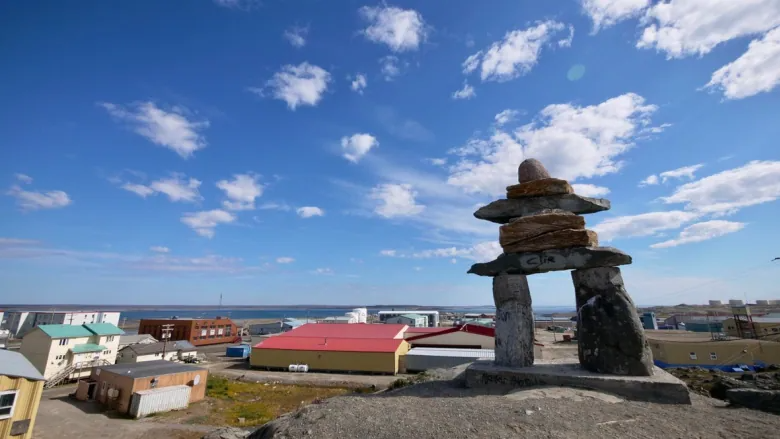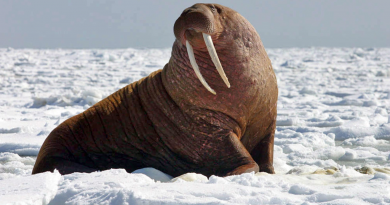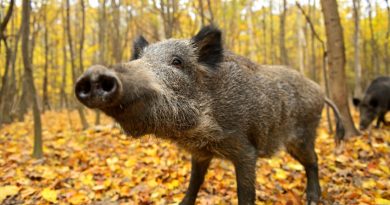Federal gov’t makes temporary exceptions for unvaccinated travellers in remote communities

Transport Canada to offer COVID-19 testing at hub airports
The federal government has made exceptions to its mandatory vaccination rule for air travel to accommodate people living in remote areas that have not gotten the jab, including those who need to access medical care.
Proof of vaccination became mandatory starting Oct. 30 for all air travellers departing Canadian airports for any destination (domestic or international). A negative COVID-19 test within 72 hours of travel will be accepted until the end of November from people who are not fully vaccinated. After Nov. 30, the federal government says “only limited exceptions” to the vaccination requirement will be allowed.
But the government has introduced temporary accommodations for those who live in remote communities and who are not fully vaccinated but still need to travel by air for medical treatment, child custody arrangements, education, essential supplies like food and treaty negotiations under specific accommodations.
Exemption applies in 201 communities
Transport Canada lists 201 remote communities where the exemption applies. The list includes communities accessible only by air, like all of Nunavut, as well as small communities in the Yukon and Northwest Territories that are connected to a highway but nonetheless depend on air travel for essential services.
Testing will be available gateway airports, including Iqaluit, Yellowknife and Whitehorse.
Not-fully-vaccinated travellers can get tested at one of those hubs if local testing is not available. Not-fully-vaccinated travellers traveling to a remote community can also get tested for free.
This testing won’t be needed if you already tested negative within 72 hours before departure and have proof of these test results, the website says.
As well, those who have done a 14-day quarantine before travelling, as ordered by a territorial public health authority, won’t need testing either.
Those who test positive cannot travel. The site says if you travel for NIHB-eligible medical reasons, the program will cover expenses related to self-isolation, like food and accommodation.
Stricter rules likely
Jimi Onalik, deputy minister of economic development and transportation for the Nunavut government, said Health Canada and the federal government are supplying the rapid tests directly to the airlines to provide to travellers.
In Iqaluit, Onalik said there will be a rapid test administered by Canadian North Air, which takes about half an hour.
He said in Nunavut by Dec. 1, testing for air travel will likely be available in every community.
“So, prior to getting on a plane, if you’re not vaccinated, then you will, you will need to get tested,” he said.
However, he added flying in Canada in general is going to “get stricter and stricter.”
“The path, I guess, is relatively straightforward for people who are vaccinated,” he said. “But if you’re not vaccinated, it will get harder and harder to travel.”
Proof of vaccination needed in South
He also pointed out that once in the South, people will need proof of vaccination to get into restaurants and other public places.
“It’s kind of the way the broader world is headed,” Onalik said.
He also said residents need to be sure they have proper proof of vaccination, which would include the dates of vaccination, if you have received the jab.
“It’s that little card you get with your vaccinations, or the proof of vaccination certificate with the QR code. The letter you get allowing you into Nunavut as a vaccinated traveller is not going to be enough, you won’t be able to just use that letter.”
Unvaccinated people going into Nunavut will still have to do two weeks of isolation at the hubs, Okalik said.
-With files from Jane George
Related stories from around the North:
Canada: Transport Canada gives $19M for airport upgrades in Northwest Territories, CBC News
Finland: Finnair to end flights to five regional airports, including to Kemi, Lapland, Yle News
Greenland: Air links between Canada, Alaska, Greenland & Siberia could be building blocks for economic development says Quebec Inuit leader, Eye on the Arctic
Russia: Modernizing Arctic aviation infrastructure among recommendations at Russian meeting, Eye on the Arctic
Sweden: Northern Swedish airports get compensation for fall in travellers linked to climate change, Radio Sweden
United States: Airline shutdown creates new challenges for rural Alaska, The Associated Press



